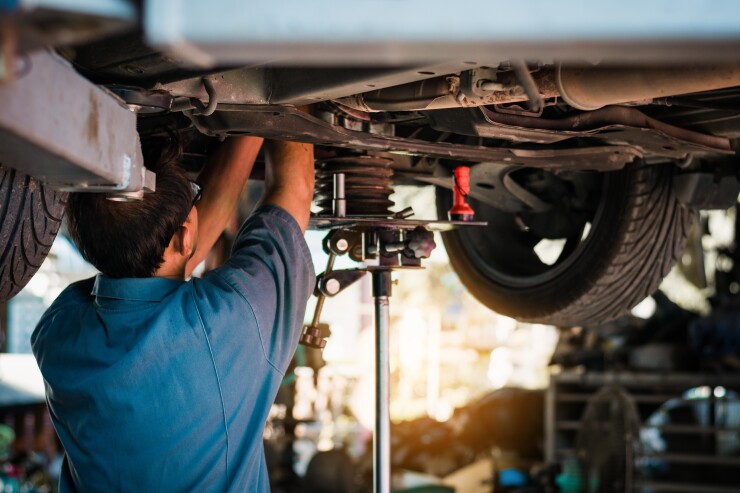Last year certainly brought its share of challenges for the insurance and automotive industries, with rising vehicle complexity, inflation and climate change impacting businesses across the board. As we adapt to these changes, new opportunities are emerging that will help us navigate these shifts. Looking ahead to 2025, there are several ways that will shape the way we adapt, innovate and succeed in an increasingly complex environment. Here are our top four predictions for 2025 and how they may influence the industry moving forward.
1. Building trust through transparency
Trust is at the center of every successful interaction in the insurance and automotive industries. Consumers now expect transparency throughout the claims and repair process which benefits both the industry and the consumer. According to CCC's
2. Addressing workforce challenges
The changing workforce poses significant challenges for both the insurance and collision repair industries. As older employees retire, there is an even greater need for skilled workers in collision repair, AI and data science due to increasing digitalization and complexity. According to industry data, the collision repair sector alone will need tens of thousands of new technicians in the coming years to meet demand. To address this, we predict that companies will focus on attracting and retaining talent through improved benefits, training programs and career development opportunities. At the same time, AI and technology will help make existing teams more efficient.
3. Harnessing technology and AI for real-time insights
4. Preparing for climate impacts
Extreme weather events, such as hurricanes, flooding and hailstorms will continue to impact the auto claims and repair industry in 2025. We also predict significant changes in population migration patterns in areas impacted by these weather events, which will further challenge the industry's ability to respond effectively. This is where increases in technology and AI will continue to be a critical factor as real-time event processing will improve how the industry reacts and predicts outcomes from these weather events, including continued improvements in computer vision technologies.
At CCC, our vision is to shape a world where life just works. As we look ahead to 2025, we are committed to empowering our customers, from auto insurers to repair facilities, parts suppliers and OEMs, with the tools, insights and technologies they need to succeed.






